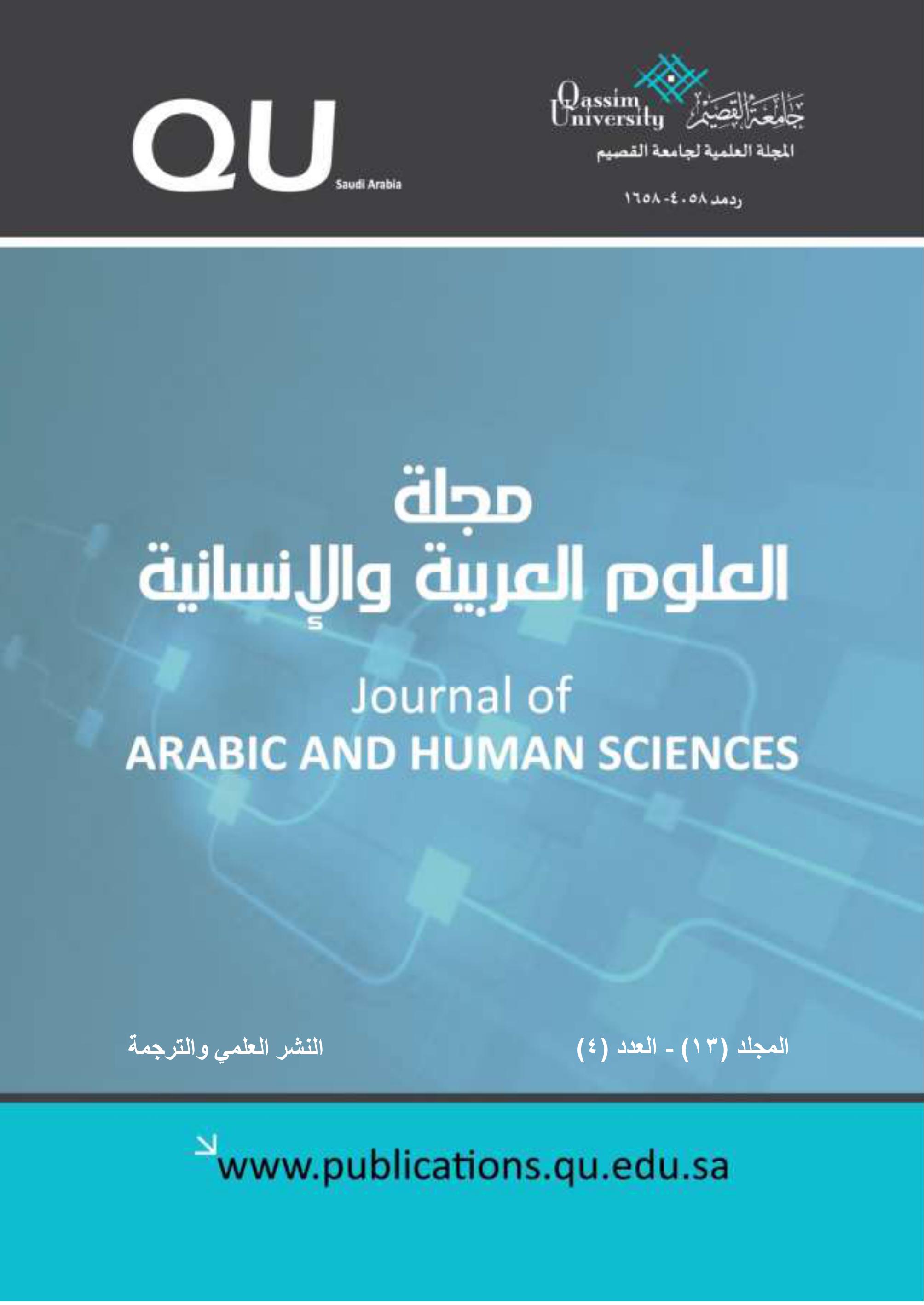Orality in Andalusian Poetic Improvisations in the Era of the Banu’l Ahmar Kingdom (AH 635-897)
Abstract
Abstract: Poetic improvisation refers to poetry declaimed by poets orally and without deliberation or revision, according to the demands of the occasion. This style of poetry was predominant before the appearance of writing and compilation and caught the attention of critics and writers in later periods and in different environments when they devoted their attention to the characteristics of pre-literate creative texts, such as the Greek epics or the question of the plagiarism of pre-Islamic poetry. Their efforts eventually resulted in the appearance of the theory of orality in literary criticism, originally applied to the question of the Greek epics and investigation of the attribution of the Iliad and the Odyssey to Homer.
Since the theory of orality comprises certain principles and foundations that can be applied to improvised texts, it has been adopted as a methodology for this paper, which consists of an introduction, a preface, five sections, and a conclusion. The preface offers historical perspective regarding this theory and a concise description of its principles. The first four sections of the paper proper are then devoted to a study of the poetic improvisations in accordance with some of the principles chosen for their appropriateness for the samples of poetry selected. They are followed by the fifth section, devoted to an evaluation of the poetic improvisations using statistical analysis and a discussion of the opinions of poets or compilers of Andalusian literature regarding poetic improvisations. The article concludes with a summary of some of the main results of the research.


